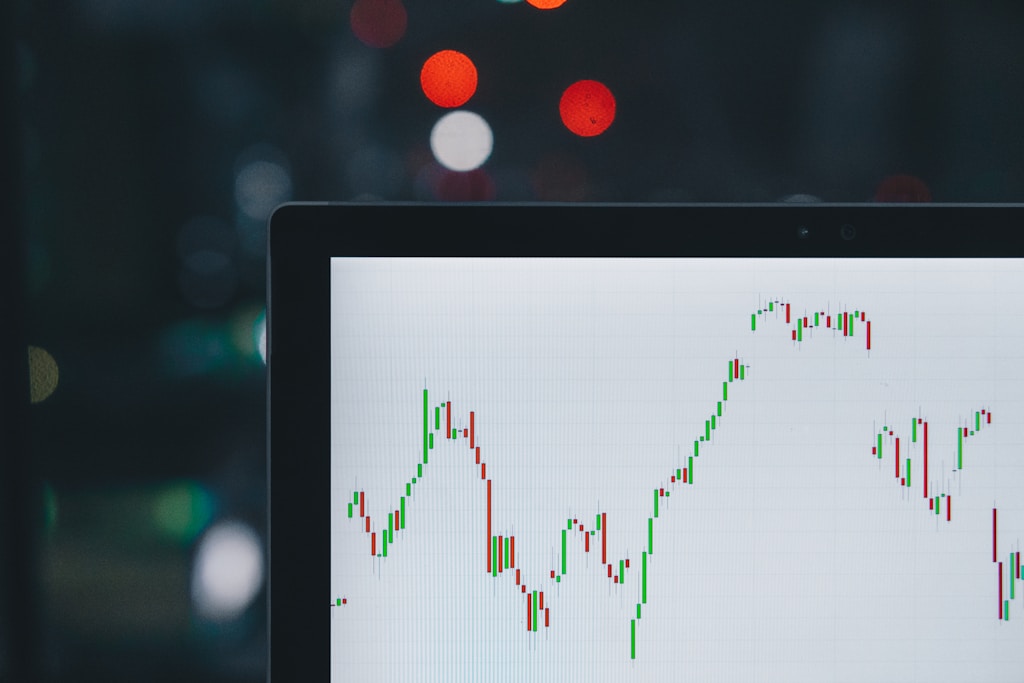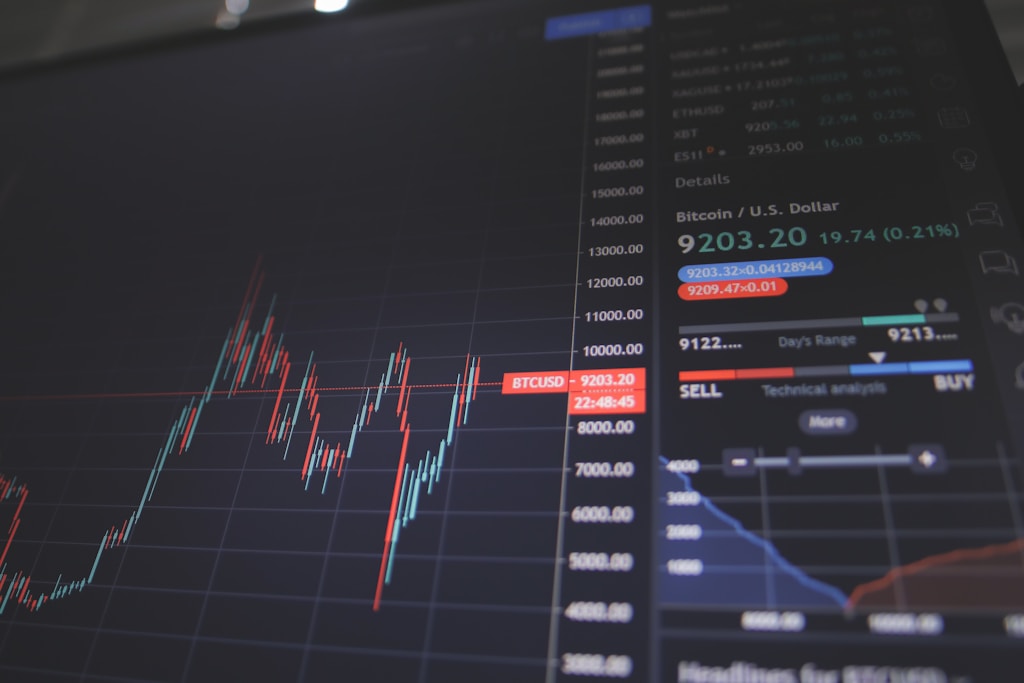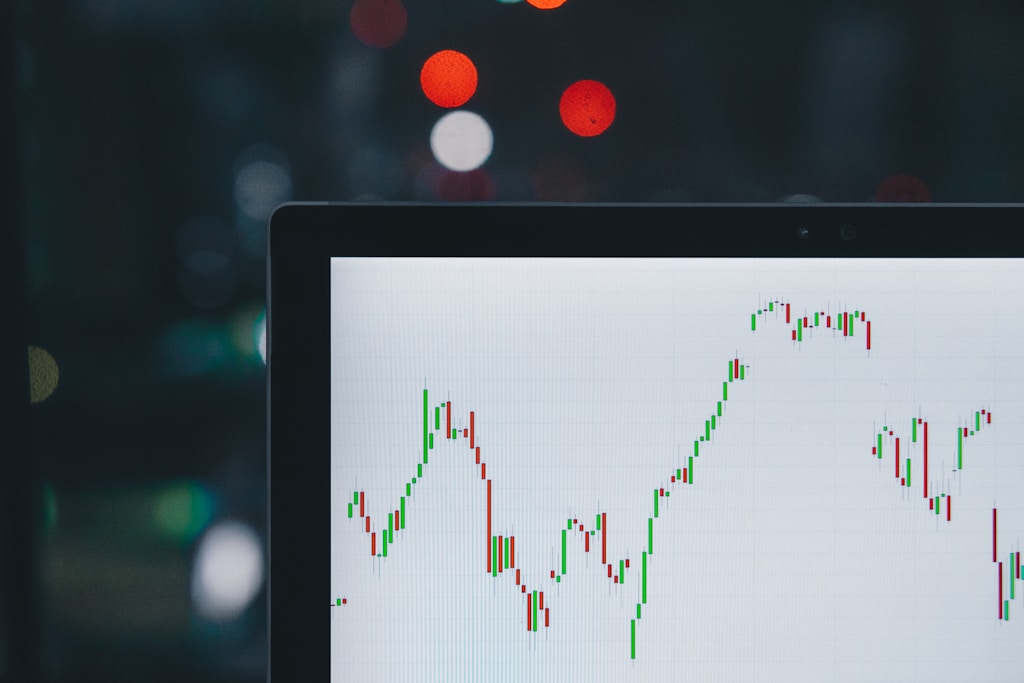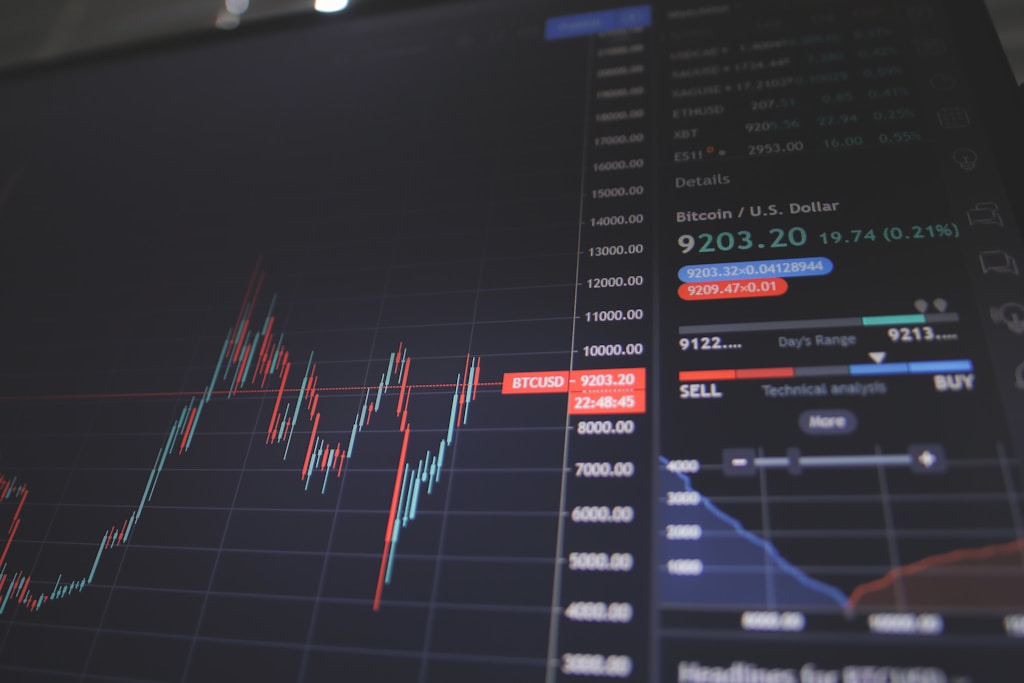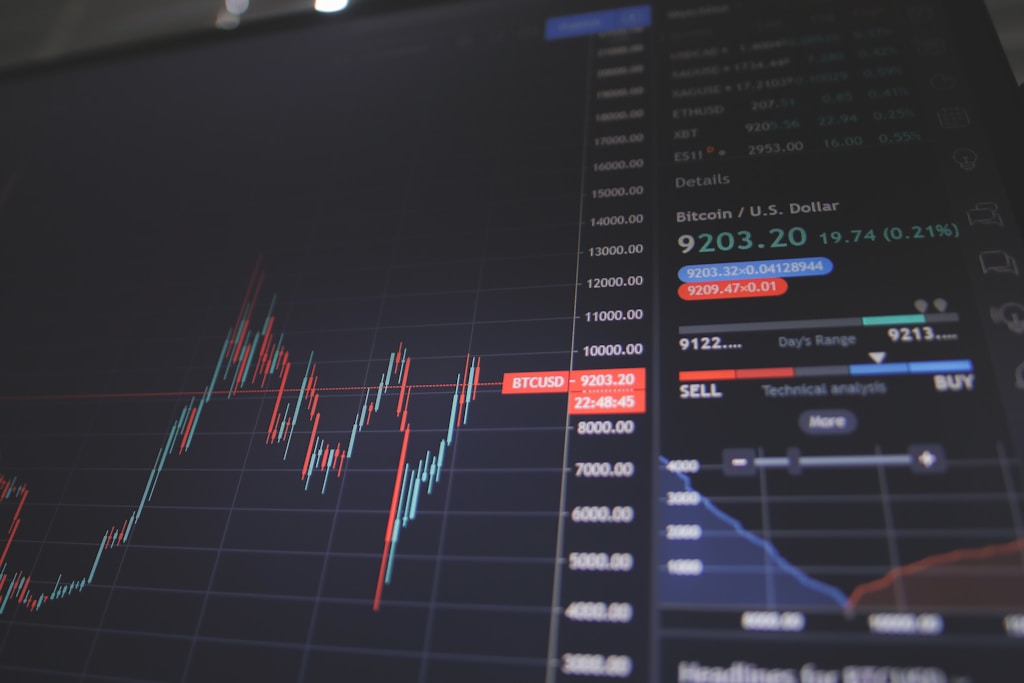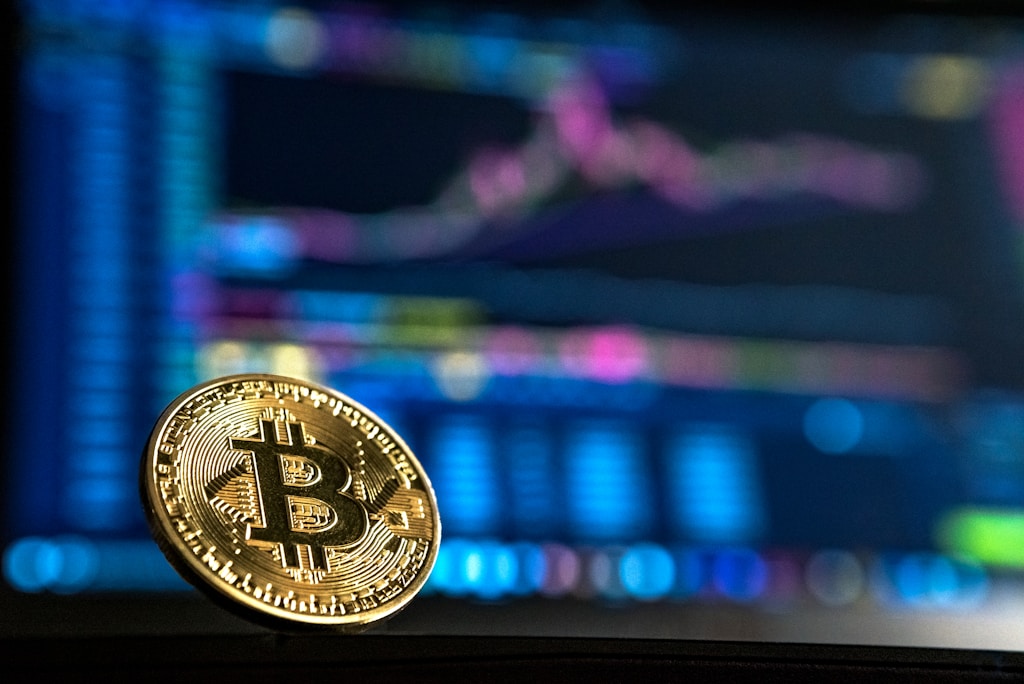Key Takeaways:
- Bitget adds Ripple’s RLUSD stablecoin to spot trading platform
- Enterprise-grade USD-backed stablecoin expands trading options
- Move signals growing institutional interest in regulated stablecoins
Leading cryptocurrency exchange Bitget has announced a significant expansion of its stablecoin offerings with the addition of Ripple USD (RLUSD) to its spot trading platform. This strategic move comes as XRP shows strong recovery signs in the broader market, highlighting increased institutional interest in Ripple’s ecosystem.
Understanding RLUSD and Its Impact
RLUSD represents a new generation of enterprise-grade stablecoins, backed 1:1 by US dollars and issued by Ripple. The stablecoin’s integration into Bitget’s ecosystem marks a significant milestone in the platform’s commitment to providing diverse trading options for its users.
Market Implications and Trading Opportunities
The listing of RLUSD comes at a strategic time when the demand for regulated stablecoins is surging. This development aligns with recent institutional movements in the XRP ecosystem, suggesting growing confidence in Ripple-backed financial products.
Frequently Asked Questions
What is RLUSD?
RLUSD is a USD-backed stablecoin issued by Ripple, designed for enterprise use and maintaining a 1:1 peg with the US dollar.
How can traders access RLUSD on Bitget?
RLUSD will be available for spot trading on Bitget’s platform, with initial trading pairs including RLUSD/USDT.
What are the advantages of using RLUSD?
RLUSD offers institutional-grade security, regulatory compliance, and seamless integration with Ripple’s existing financial infrastructure.
Looking Ahead
The addition of RLUSD to Bitget’s platform represents a significant step in the evolution of regulated stablecoins. As the cryptocurrency market continues to mature, the demand for secure, compliant stablecoin options is expected to grow substantially.
